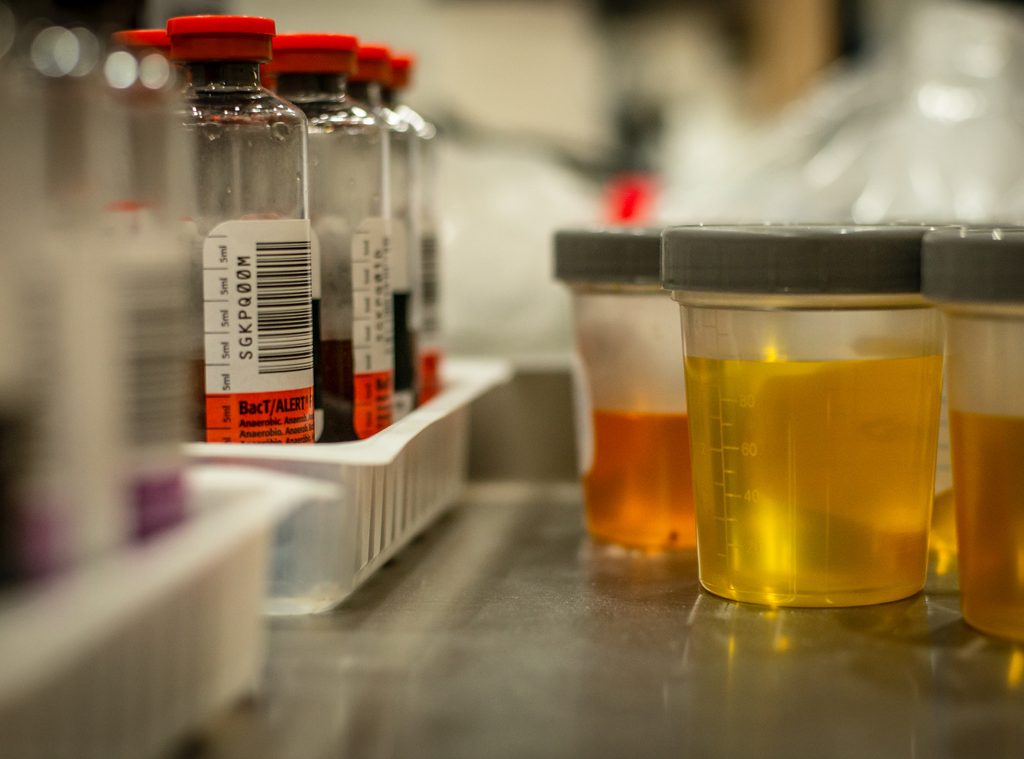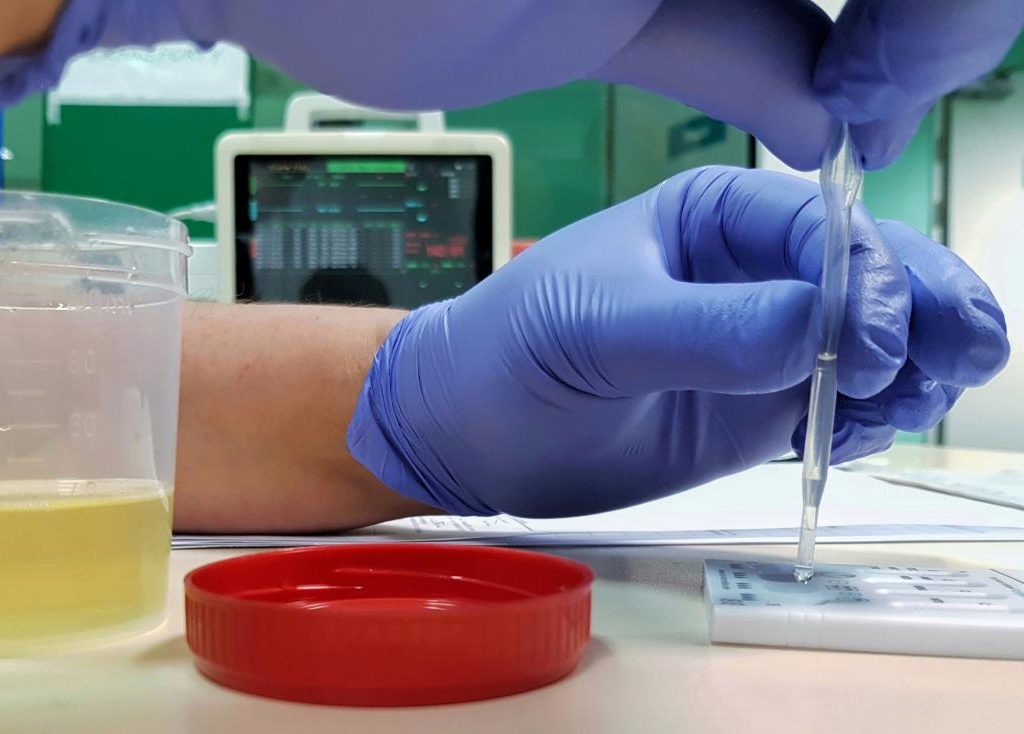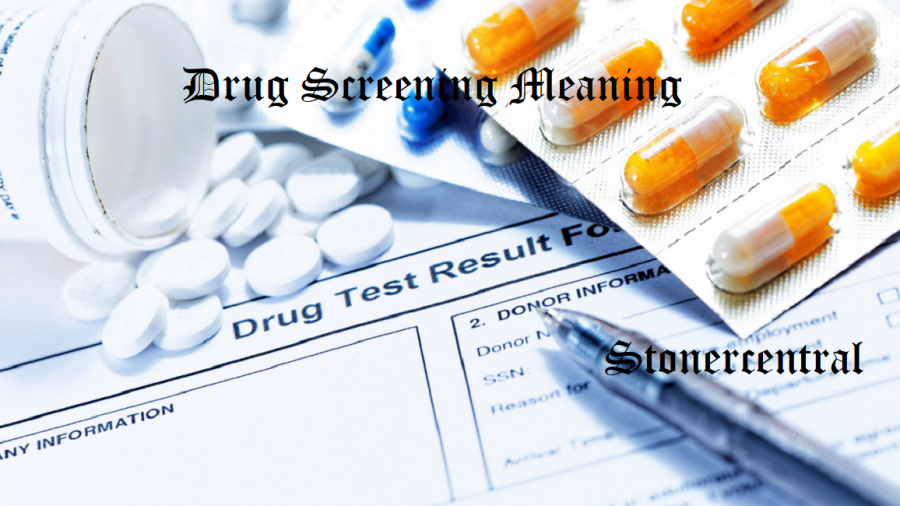Despite being used interchangeably, drug testing and drug screening are two very different terms. A drug test is often more reliable and provides an accurate analysis of an individual’s substance use. Major corporations typically prefer testing over screening.

On the other hand, drug screening is a more cost-effective approach, as it is relatively cheaper than a drug test. Also, drug screenings receive results faster than drug tests. Sometimes, drug screenings may result in false-positive results for certain drugs.
Whether an employer requires drug testing or screening, they are looking into a prospective employee’s results for signs of drug use. Drug use may indicate certain behaviors that can affect if the company will hire the individual. Illegal drugs are often associated with low productivity, frequent absences, potential harm to colleagues, and constant changing of jobs. Aside from being an essential requirement for employment, companies also often require their employees to undergo regular drug tests to ensure current employees are not taking specified drugs.

What is a drug test?
A drug test looks for the presence of one or more illegal or prescription drugs in your urine, blood, saliva, hair, or sweat. Urine testing is the most common type of drug screening. The drugs most often tested for include:
Marijuana
Opioids, such as heroin, codeine, oxycodone, morphine, hydrocodone, and fentanyl
Amphetamines, including methamphetamine
Cocaine
Steroids
Barbiturates, such as phenobarbital and secobarbital
Phencyclidine (PCP)
Other names: drug screen, drug test, drugs of abuse testing, substance abuse testing, toxicology screen, tox screen, sports doping tests.
What is it used for?
Drug screening is used to find out whether or not a person has taken a certain drug or drugs. It may be used for:
Employment. Employers may test you before hiring and/or after hiring to check for on-the-job drug use.
Sports organizations. Professional and collegiate athletes usually need to take a test for performance-enhancing drugs or other substances.
Legal or forensic purposes. Testing may be part of a criminal or motor vehicle accident investigation. Drug screening may also be ordered as part of a court case.
Monitoring opioid use. If you’ve been prescribed an opioid for chronic pain, your health care provider may order a drug test to make sure you are taking the right amount of your medicine.
Why do I need a drug test?
You may have to take a drug test as a condition of your employment, in order to participate in organized sports, or as part of a police investigation or court case. Your health care provider may order drug screening if you have symptoms of drug abuse. These symptoms include:
Slowed or slurred speech
Dilated or small pupils
Agitation
Panic
Paranoia
Delirium
Difficulty breathing
Nausea
Changes in blood pressure or heart rhythm
What happens during a drug test?
A drug test generally requires that you give a urine sample in a lab. You will be given instructions to provide a “clean catch” sample. The clean catch method includes the following steps:
Wash your hands
Clean your genital area with a cleansing pad given to you by your provider. Men should wipe the tip of their penis. Women should open their labia and clean from front to back.
Start to urinate into the toilet.
Move the collection container under your urine stream.
Collect at least an ounce or two of urine into the container, which should have markings to indicate the amounts.
Finish urinating into the toilet.
Return the sample container to the lab technician or health care provider.
In certain instances, a medical technician or other staff member may need to be present while you provide your sample.
For a blood test for drugs, you will go to a lab to provide your sample. During the test, a health care professional will take a blood sample from a vein in your arm, using a small needle. After the needle is inserted, a small amount of blood will be collected into a test tube or vial. You may feel a little sting when the needle goes in or out. This usually takes less than five minutes.
Will I need to do anything to prepare for the test?
Be sure to tell the testing provider or your health care provider if you are taking any prescription drugs, over-the-counter medicines, or supplements because they may give you a positive result for certain illegal drugs. Also, you should avoid foods with poppy seeds, which can cause a positive result for opioids.
Are there any risks to the test?
There are no known physical risks to having a drug test, but a positive result may affect other aspects of your life, including your job, your eligibility to play sports, and the outcome of a court case.
Before you take a drug test, you should be told what you are being tested for, why you are being tested, and how the results will be used. If you have questions or concerns about your test, talk to your health care provider or contact the individual or organization that ordered the test.
What do the results mean?
If your results are negative, it means no drugs were found in your body, or the level of drugs was below an established level, which differs depending on the drug. If your results are positive, it means one or more drugs were found in your body above an established level. However, false positives can happen. So if your first test shows that you have drugs in your system, you will have further testing to figure out whether or not you are actually taking a certain drug or drugs.
Learn more about laboratory tests, reference ranges, and understanding results.
Is there anything else I need to know about a drug test?
If you test positive for a legal drug prescribed by your doctor, your employer can’t penalize you for a positive result, unless the drug is affecting your ability to perform your job.
If you test positive for marijuana and live in state where it has been legalized, employers may be able penalize you. Many employers want to maintain a drug-free workplace. Also, marijuana is still illegal under federal law.

if people are allowed to drink alcohol when they are off work then people should allowed to smoke cannibas when they are off work. drunk driving and texting and driving kills so many people every year. but cannibas has pretty much non accidents. the law is so bullshit. at the end is all about money.